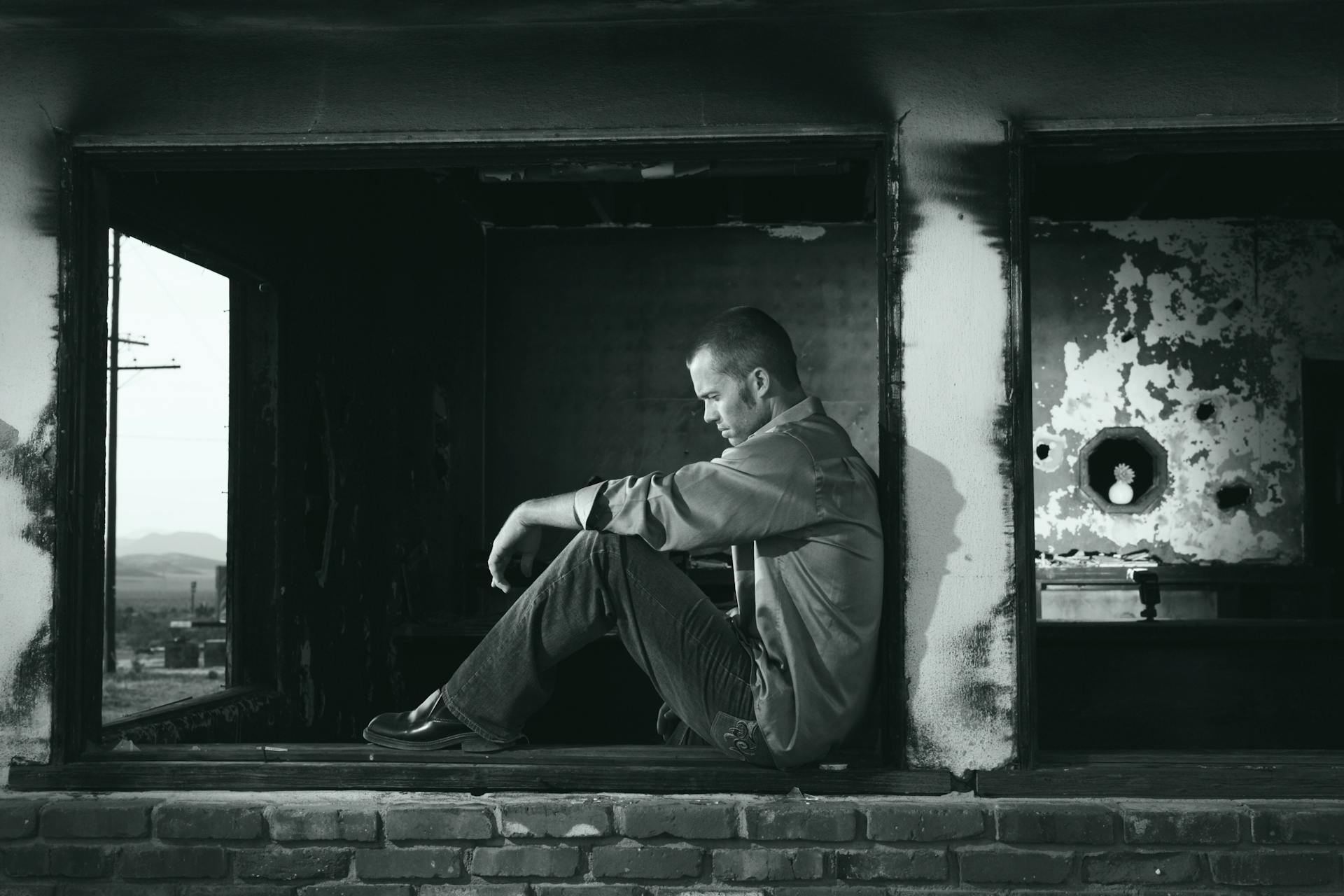
Do you want to learn to live together?
Regarding the third pillar of education, Jacques Delors (1996) points out:
| “The idea of living together with others is one instrument among many to combat the prejudices that prevent agreement. In this way, it would seem appropriate that education be given at two levels: at a first level, in the gradual discovery of the other; at a second level, in the participation in common work, with a method of solving present conflicts. Discovering the other has a double mission, one is to teach the diversity of the human species, the other is to contribute to an awareness of the similarities and interdependence between all human beings; this taking into account that the discovery of the other necessarily passes through the discovery of oneself.” (Green Council 2008b) |
This means that we must learn to live together with others in a culture of peace, respecting the rights of others and, above all, respecting all forms of life on the planet.
In order to have a peaceful coexistence, to interact and get to know others and to be able to work towards common objectives, it is important to develop a series of values and attitudes such as those indicated below:
- Development of self-knowledge and self-esteem. A task that boys and girls should undertake from early childhood.
- Developing empathy, that is, the ability to put oneself in another's place. Here it is important that boys and girls have the opportunity to begin to develop empathy, although this is not acquired at this stage, but the foundations for its development are laid.
- Non-violent conflict resolutionBoys and girls practice conflict resolution through dialogue and respect for others.
- CooperationThey learn to share and work as a team for the common good, enjoying the goals achieved as a group.
- Tolerance of differences. Boys and girls can recognize themselves as different on a personal level but equal in rights.
Learning to live with the environment
Children must learn that caring for the environment means caring for human life. It is therefore important that they learn that human beings have the responsibility to use resources wisely, to live, not to destroy.
If we destroy the environment, we will be harming ourselves and others, including future generations. Caring for the world is caring for ourselves. Children need to learn that their actions have repercussions and that, to the extent that we protect our immediate environment, we can preserve our country and our planet and ensure a legacy of survival for future generations.
School is an ideal place for children to develop their awareness of the environment. Being environmentally aware means that children know the environment, care for it, protect it and preserve it. It is important to remember that in order for them to assimilate these concepts and develop this awareness, they need to be able to live them through meaningful, everyday experiences.



